You are here
New Releases
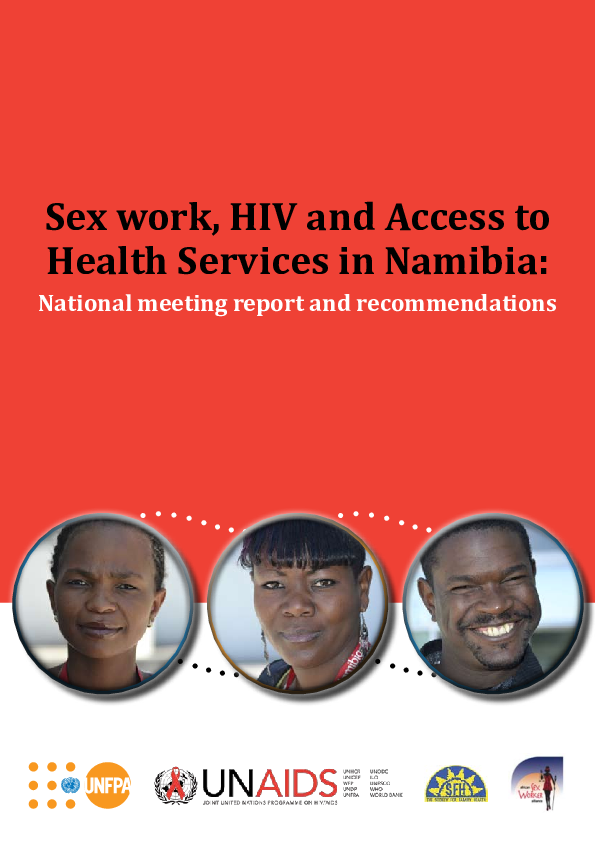
Sex work, HIV and Access to Health Services in Namibia: National meeting report and recommendations
This report describes the process and outcomes of a national meeting on Sex work, HIV and Access to Health Services that took place in Windhoek on 2-3 November 2011. The meeting, which was co-hosted by UNFPA, UNAIDS, SFH (Society for Family Health) and ASWA (African Sex Worker Alliance), was the culmination of a set of activities aimed at strengthening HIV programming with sex workers.
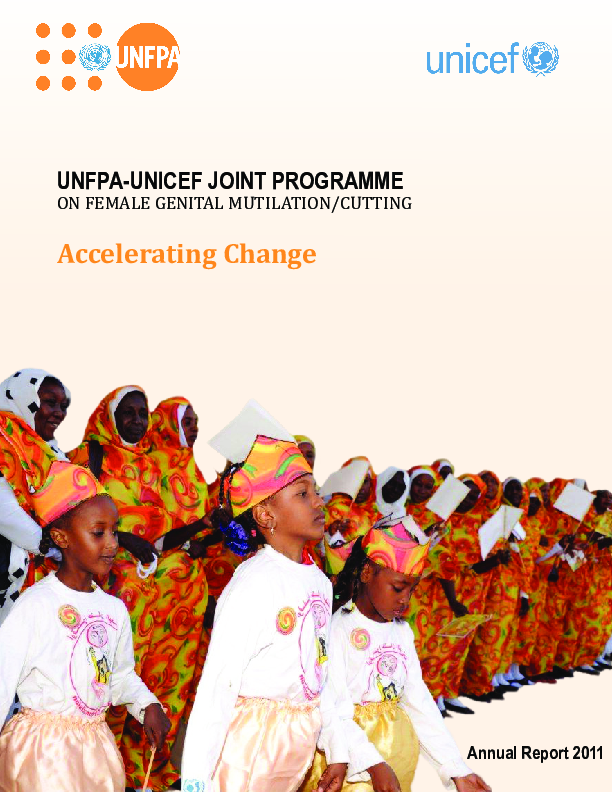
Accelerating Change: 2011 Annual Report
The 2011 report shows that the pace of abandonment of female genital mutilation and cutting (FGM/C) is accelerating in the fourth year of the UNFPA-UNICEF Joint Programme, which has been extended for a fifth year, to the end of 2013.
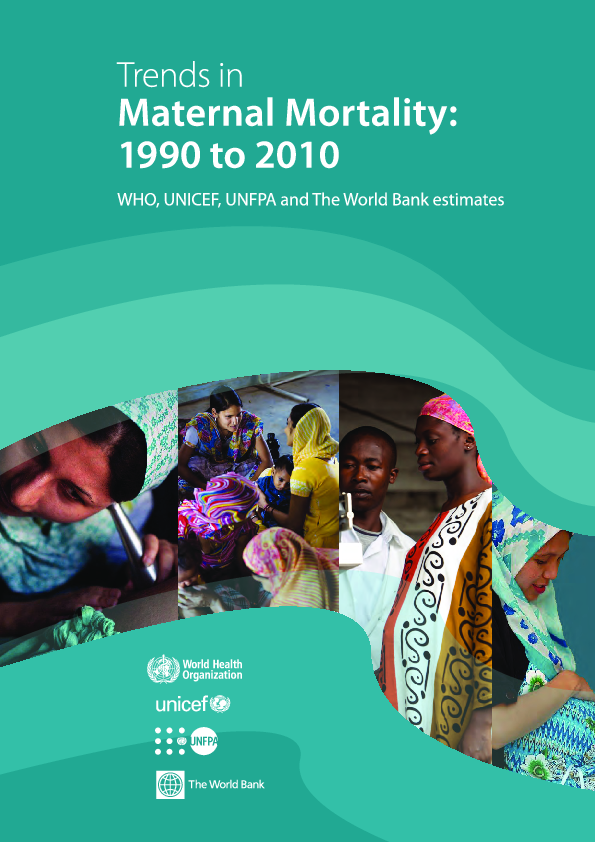
Trends in maternal mortality 1990 to 2010 cover 200.jpg Trends in Maternal Mortality: 1990 to 2010
New maternal mortality estimates confirm that the number of women dying in pregnancy and childbirth is declining. Along with other indicators, this joint UN report validates the fact that progress is being made in saving mothers’ lives, even if it is slower than that called for by the Millennium Development Goals.
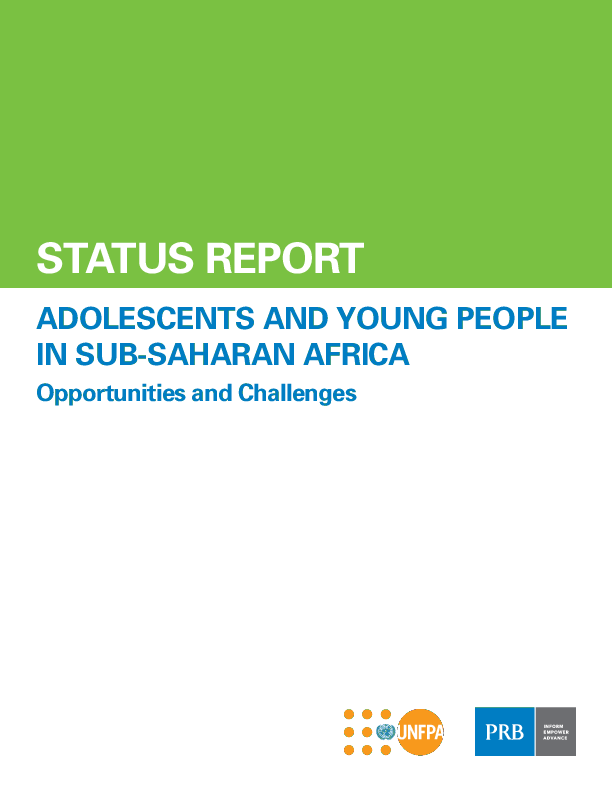
Status Report: Adolescents and Young People in Sub-Saharan Africa
Although there are many indicators that can be used to assess the status of young people in sub-Saharan Africa, this analysis presents available data for 20 specific indicators. Six sections - population, education, employment, sexual and reproductive rights and health, HIV & AIDS, and gender equality and social protection - highlight key findings for the 20 indicators profiled in this report. The report concludes with individual country profiles for all countries with available data in sub-Saharan Africa.
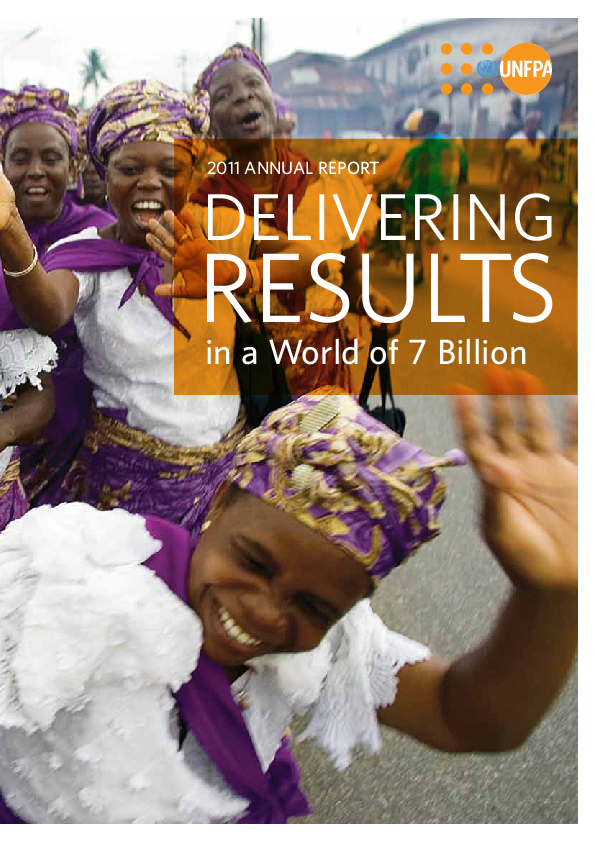
Annual Report 2011
This report provides an overview of UNFPA's achievements in 2011 in linking population dynamics and development, increasing access to maternal and newborn health, increasing availability of family planning, strengthening HIV-prevention services, advocating gender equality and reproductive rights, and increasing young people’s access to services.
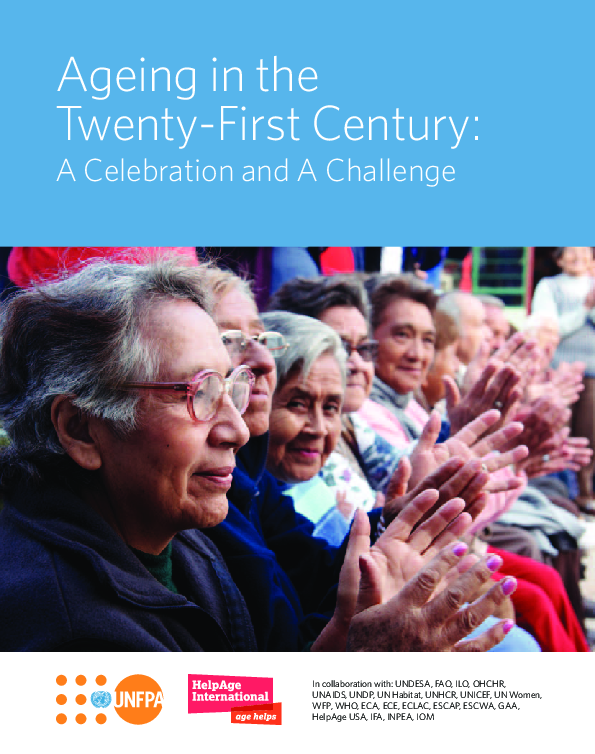
Ageing in the Twenty-first Century
Ageing is now occurring fastest in the developing world, which has limited resources and plans to deal with this unprecedented demographic trend. This new report calls for new approaches to dealing with healthcare, workforce and retirement issues, living arrangements and intergenerational relations.
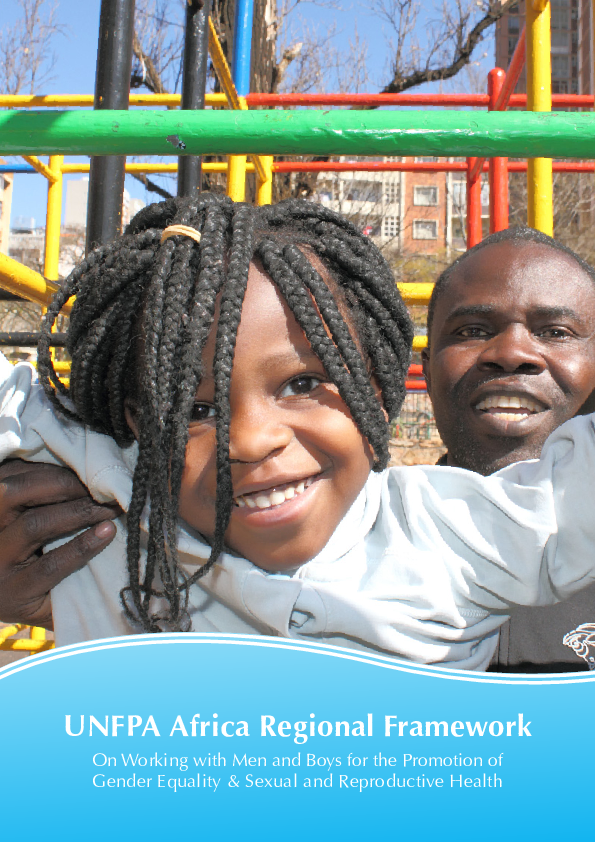
UNFPA Africa Regional Framework
Working with men and boys for the promotion of gender equality, and sexual and reproductive health is key to the attainment of substantive equality. This work acknowledges the ground-breaking contribution made by the women’s movement over many years, starting with ICPD and Beijing, to date.

UNFPA Africa Impact
UNFPA Africa Impact is a three-year retrospective report showcasing the organization’s progress and achievements in improving people’s lives in sub-Saharan Africa. Delivered in an easy-to-read, magazine style format, it details the focus of UNFPA's work in the region, the challenges faced in sub-Saharan Africa, and how UNFPA is changing this picture.
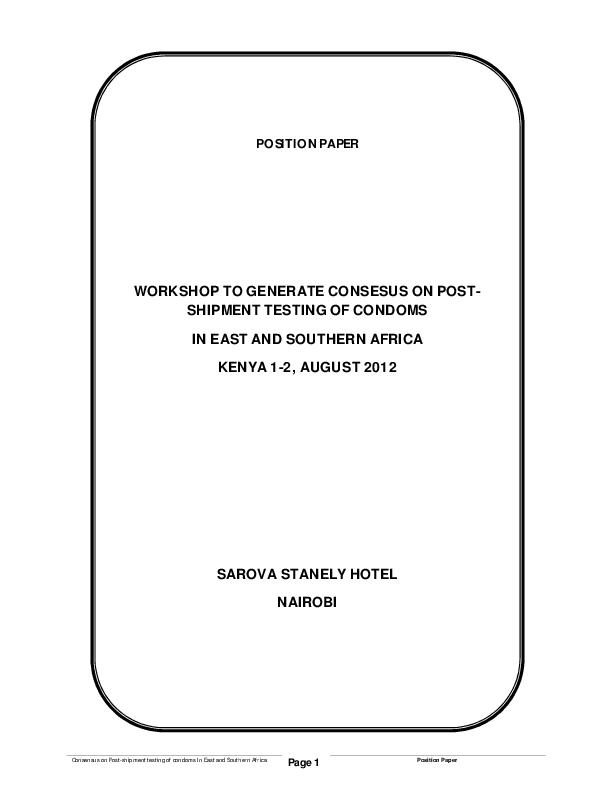
ESA Position Paper on Post-shipment Testing of Condoms
Assessment of Comprehensive Condom Programming (CCP) and reproductive health commodity security (RHCS conducted) conducted by the UNFPA Eastern and Southern Africa sub-Regional Office in May/June 2011, indicated that a total of 13 countries would require post-shipment testing of condoms irrespective of their being sourced from pre-qualified suppliers.
By Choice, Not by Chance
Family planning is a human right. Yet today some 222 million women in developing countries are unable to exercise that right because they lack access to contraceptives, information and quality services or because social and economic forces prevent them from taking advantage of services even where they are available.